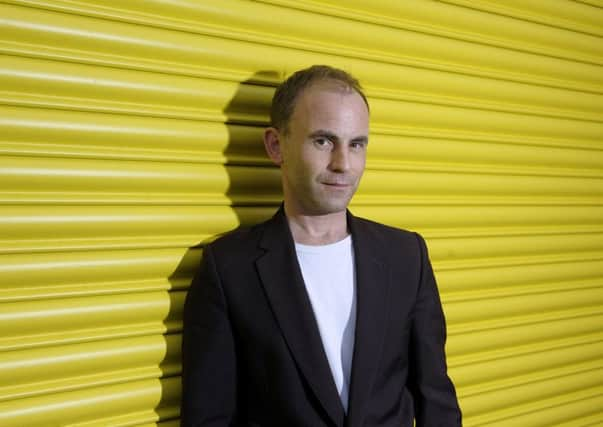Joyce McMillan: Some major restructuring inevitable at NTS


The news that NTS is looking to restructure its leadership, opening up the possibility that it may not in future be led by an artistic director, will also cause concern to everyone who cares about the creative future of Scottish theatre, since the huge success of the NTS in its first ten years was undoubtedly founded on the outstanding creative leadership given to the organisation by its founding director Vicky Featherstone, and the team she gathered around her before her departure in 2012.
• READ MORE: National Theatre chief quits after cuts warning
Advertisement
Hide AdAdvertisement
Hide AdUndoubtedly, some major restructuring at the NTS was already inevitable, given the imminent departure of its founding executive producer Neil Murray and associate director Graham McLaren to become joint directors of the Abbey Theatre in Dublin.
It would have been much more reassuring, though, if Laurie Sansom’s departure had been announced at least six months in advance, as Vicky Featherstone’s was, so as to allow for the recruitment of a new artistic director; and if assurances had been given that the organisation would continue to have the kind of artistic leadership which has served it so well in its first decade.
Given the scale of the changes now facing the organisation, along with its planned move this autumn to its new headquarters at Rockvilla it looks as if the board is now managing a transition so profound that it amounts to a crisis; and one that must reflect deep differences of opinion about the organisation’s future, although it seems to have blown up so suddenly.